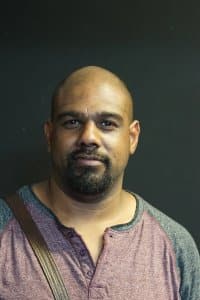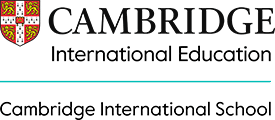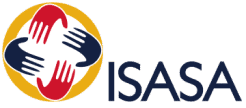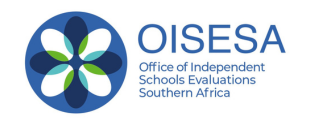Content shared by Mr. Jody Engelbrecht, Head of Music, International School of Cape Town

Becoming a musician is so much more than learning how to play a tune. It is about developing yourself as a learner, a thinker and a person equipped with the skills needed – both mental and emotional – to succeed at whatever you put your mind to. In the writing below, Mr Jody Engelbrecht, our high school Music teacher, unpacks the benefits of learning an instrument.
Music and Academics
(Enhancing the left-right brain function and more…)
There has been much written about right and left brain function over the last several years with the emphasis on educational practices and identifying whether students are dominant in their left or right brain function.
Keeping in mind that I am not a neuroscientist , but a mere music teacher, I too have been guilty of reading many anecdotal articles on this subject. Upon deeper research, it becomes clear that there are many contrasting views, theories and ongoing research on this topic.
Rest assured I’m not going to attempt to explore these topics in this short blog but rather pose a question.
If the left brain function is responsible for logical thinking, maths and language, and the right brain function is responsible for creative and artistic processes… and here comes the question…
Would you not want to exercise both spheres and develop that function as much as possible?
Exit the closet neuroscientist and enter the music teacher….
One thing I do know, is that a musical education, specifically learning a musical instrument, encourages the use of both sides of the brain.
To illustrate this best, I would like to ask you to think of music as a language.
We have to learn to read notation, which at its most basic is a mixture of learning a new language of symbols, which combines the alphabet and basic arithmetic and becomes increasingly complex as you develop your knowledge of concepts, in order to read more complicated notation.
That sounds like a serious left-brain workout session. The difference between this and maths or science is that it has an immediate purpose.
As you are decoding the language of music, you are also simultaneously learning to play an instrument – how to produce sound while understanding the mechanics of your chosen instrument, as well as the coordination and development of the muscles which are required to play that specific instrument.
As we learn a language, we speak by using our voice. In the language of music, your instrument is your voice. As you become more familiar with the language, your interpretation and delivery of your performance thereof starts to mature. This is known as musicality.
Your ability to understand harmony and expression grows as you display compositional and improvisational approaches to your musical expression. This is very much in the realm of the creative, right-brain function if you will.
At some point, students will perform to an audience, and with this, an entirely new set of skills will start to develop the more they find themselves in a performance situation.
Skills around preparation, stage presence, control of anxiety and self-confidence are all developed during the build-up to and the actual performance. As the student spends more time developing their musicality, practice becomes more time-consuming and they are forced to exercise and learn time management.
There are other things happening in the background as you struggle from lesson to lesson to progress in your musical ability. You face challenge after challenge in your commitment to improving. Between lessons, you are set with tasks to achieve, which require daily practice. You start to fall into a routine of weekly goal-setting, initially guided by the music teacher but quickly turning into self-motivated, self-disciplined practice in a relentless pursuit of achieving their goal. This is where grit, resilience, and a growth mindset develop.
In closing all I can say is that in a generation where instant gratification is expected, accepted, and encouraged, learning a musical instrument might be Gen Z’s greatest hope.





